Hurricane Season is a raw story, difficult to digest, but absolutely realistic. In Mexico, some 10 women or girls are killed everyday by intimate partners or family members according to government data. Fernanda Melchor’s book is a formidable portrait of the country and its devils. The book is enthralling, beautiful, terrifying and unputdownable.
Fernanda Melchor’s book is a formidable portrait of the country and its devils. The book is enthralling, beautiful, terrifying and unputdownable.
It is the second novel by the author and was her first to be published in English in 2020 after being translated by Sophie Hughes. It was nominated for the International Booker Prize in the very same year.
The goriness of Mexico
Hurricane Season opens with a horrendous unearthing of a rotting corpse on the outskirts of a village in rural Mexico. The body is of a local woman reputed to be a sorceress, never known by her name, but simply called the Witch, all throughout. The Witch herself is gravely feared by men but loved by women.
The book transcends its whodunnit constraints, the culprits are named early on in the story. The question instead shifts from who to why, as Melchor delves into lives dictated by poverty, violence, machismo and misogyny.
Fernanda Melchor has said that she had the idea for Hurricane Season when she read a story in the local newspaper about a murder that was motivated by witchcraft. She felt so strongly about it, that initially she’d wanted to write about it in the same manner that Truman Capote wrote In Cold Blood. When she visited the site of the murder, however, she was convinced that the task would be too dangerous and set about doing it in the vein of fiction instead. The universe of La Matosa is entirely based on reality, enabling the reader to see how its world has been shaped.
The universe of La Matosa is entirely based on reality, enabling the reader to see how its world has been shaped.
Melchor’s long lyrical expletive laden sentences are formed to remind the reader of the torment each character has faced, as their thoughts once faced, simply gush out in a torrent of memory. In the small town of Veracruz, where the book is set, hearsay, gossip and superstition form the footing of existence and Melchor integrates magic with astounding clarity and facts.
The heart of Hurricane Season, of course, revolves around the Witch herself and although we hear of her from various different perspectives, we are never granted privy to her own voice. She is, in fact, always shrouded in myth and fear as distorted and the black cloak and veil that obscure her body.
Her mother, the Old Witch, even more of a mystery dies early on in the book, but it is her legacy that her daughter carries forward and solidifies. Her mother was known to let many men enter her house, and with the Witch’s father a mystery, she is often deemed to be the daughter of Satan. This doesn’t come in the way of her playing a key role in La Matosa, offering spiritual cleansing to its residents, providing abortions to sex workers and hosting decadent parties during the night.
Sexuality in Hurricane Season
There are rumours that she may be transgender that are never outrightly addressed throughout Hurricane Season, and what begins as an exceedingly straight book, quickly turns to be queer affirmative. It is impossible to label the sexualities in Hurricane Season, where the witch hosts parties for the young men of the village in exchange for sex, and in all cases, paying for sex appears to be completely normalised in the village, with older men, also paying boys for oral sex. However, there is a clear line between those who penetrate and those who are penetrated (the latter being considered sub-par) irrespective of whether they are men or women.
The testimonies all come from four characters who claim to know why she was murdered, and all four characters are connected to a young man called Luismi, usually found horribly drugged in the park.
The wilderness of the characters in Hurricane Season
There’s Luismi’s sister, Yesenia, holding a huge grudge with Luismi, whom she thinks of as a lazy and pathetic boy, irrationally more loved by their grandmother whilst she was beaten and tortured. She witnessed the murder. There’s thirteen year old Norma who becomes Luismi’s girlfriend, after escaping sexual abuse by her stepfather. She ends up in hospital after an abortion gone awry. There’s Luismi’s stepfather Munra who inadvertently abets a gang of men so curious to comprehend how much power the witch holds over them, his wife Chabela who falls in love with one of the drug cartel leaders and Brando, a teenager filled with vitriol to the brim, with a mother who views religion as a set of principles, leaving Brando full of forbidden longings. None of them can find a way to leave the terrible land of La Matosa, referred to as the ‘ass of nowhere‘.
Brando’s manner of perception is what reflects on the audience. He is both repulsed by and attracted to the Witch. His group of friends go to her ramshackled home in the evenings for alcohol and drug infested parties where they project their desires and disgust but ultimately none of this is enough to save her.
Hurricane Season is a novel of appalling violence but threaded with tender moments and empathy.
Hurricane Season is a novel of appalling violence but threaded with tender moments and empathy. The violence is spectacular: vivid, graphic and unimaginable. Substance abuse, rape, abortion, witchcraft, paedophilia, murder, torture, bestiality all have their role to play in the book.
Salvation comes in odd forms. The novel’s tenderest moments are between Luismi and Norma, Norma and Luismi’s mother Chabela (who prepares her for sex work, but in the daintiest way possible) and Luismi and Brando, whose homoerotic friendship is both soft and gory.
Overall, Hurricane Season is a raw and discomforting story about violence, gore and the tenderness that pervades it all.
About the author(s)
Treya covers art, culture, climate and the environment. She has aspired to be a journalist ever since she was little. She has reported for The Hindu and Deccan Chronicle among others and explores how feminism takes root in everyday life by leading sessions with young people on gender, digital safety and the "good girl" syndrome.
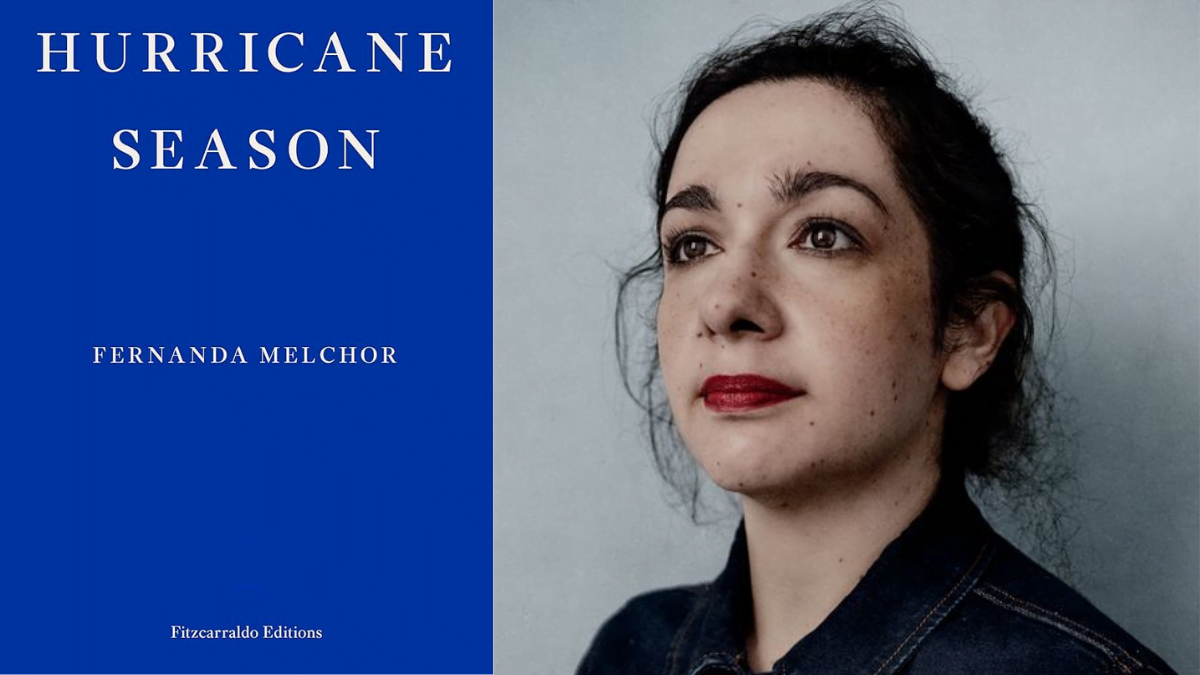
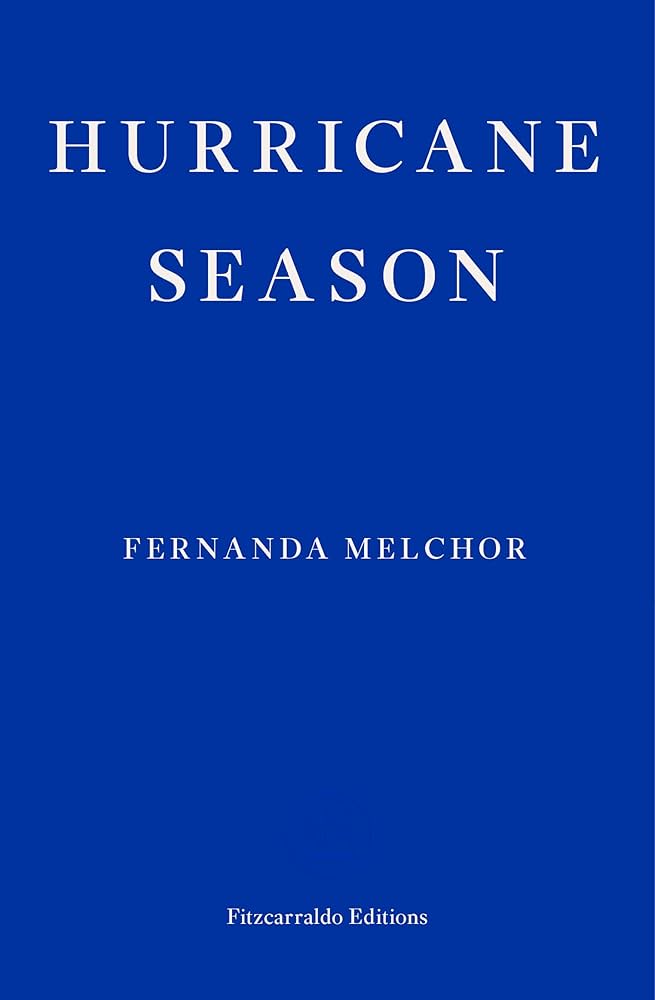
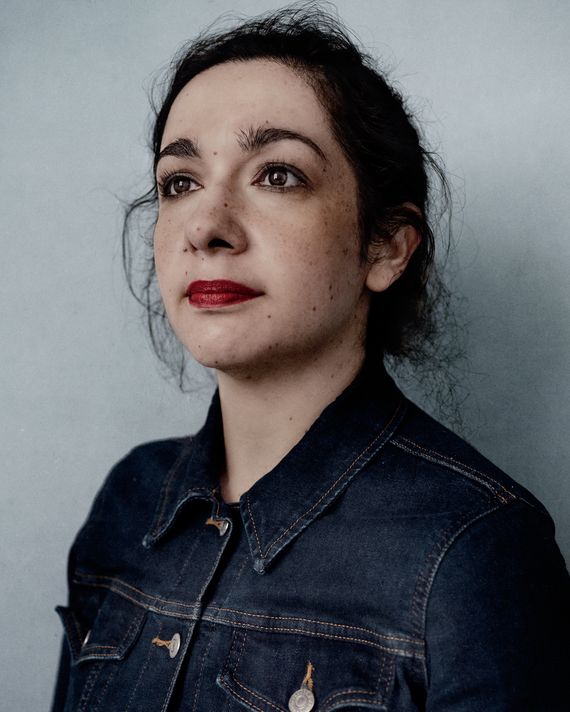
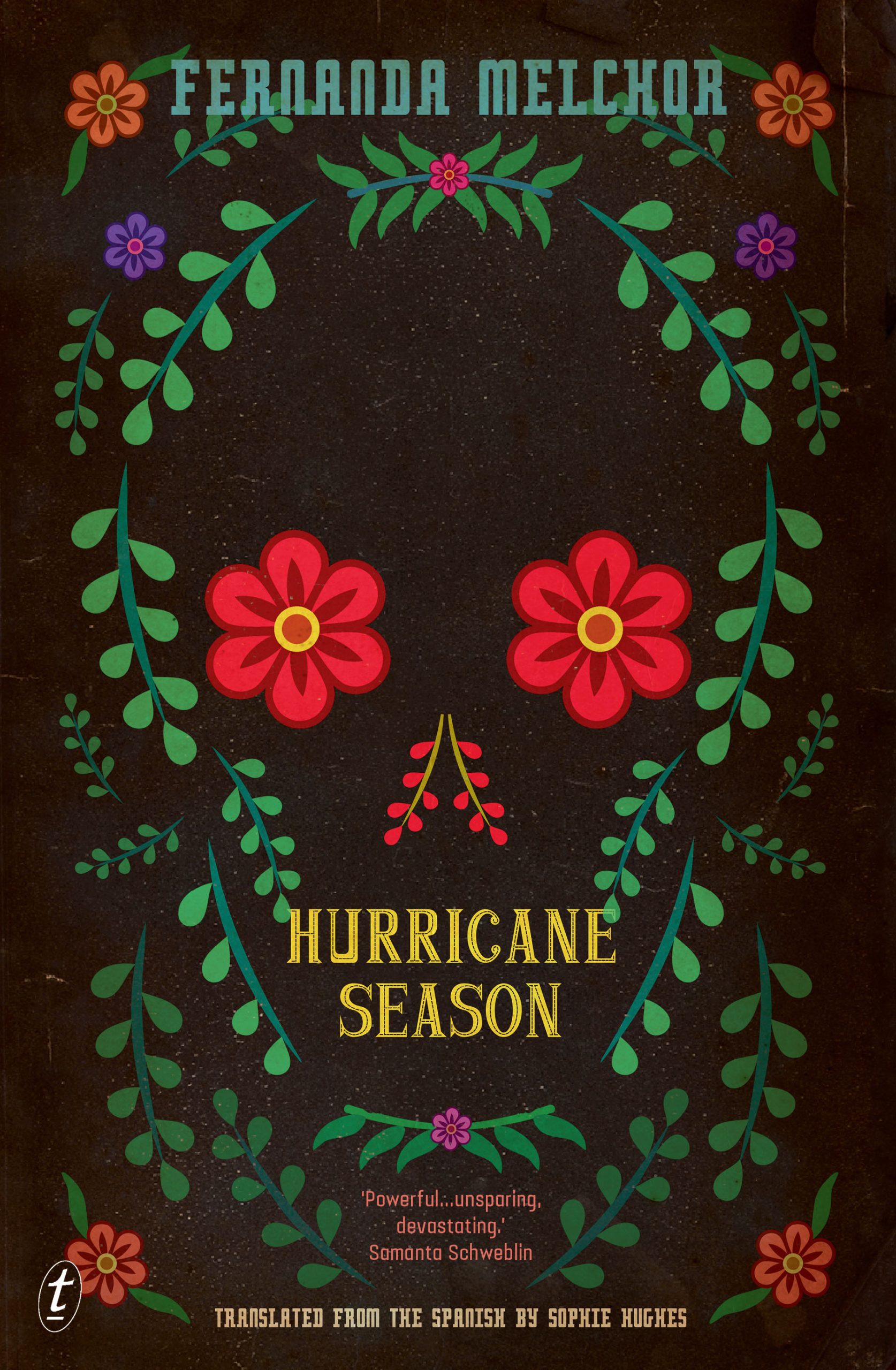

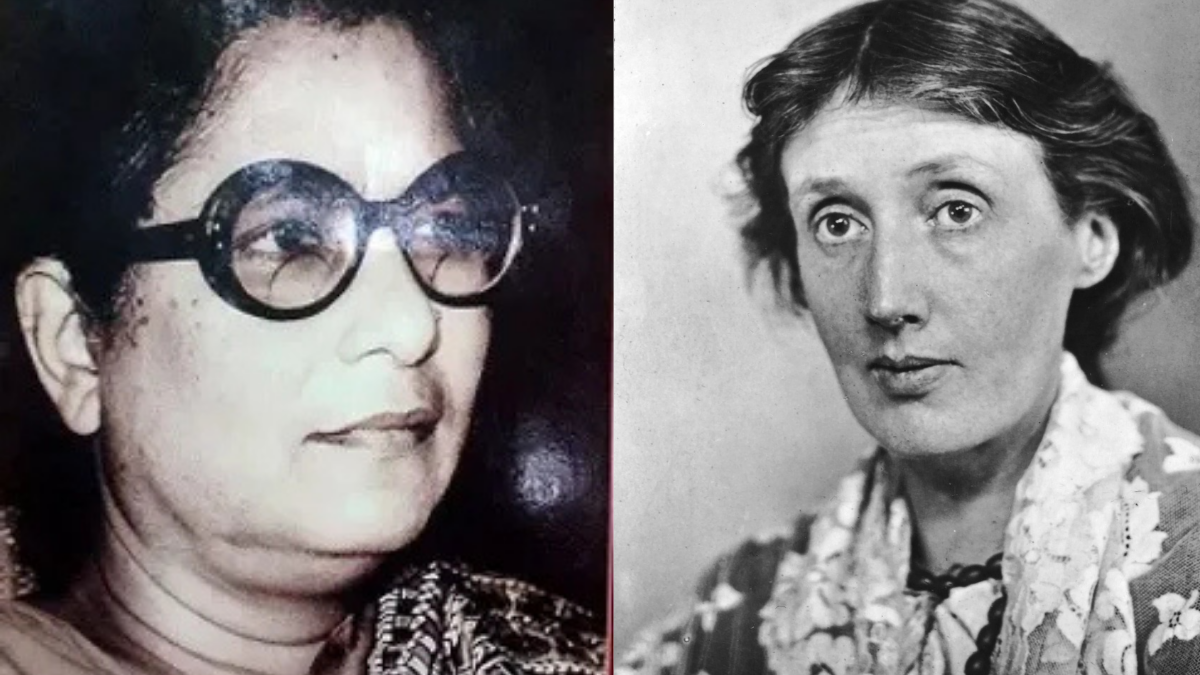
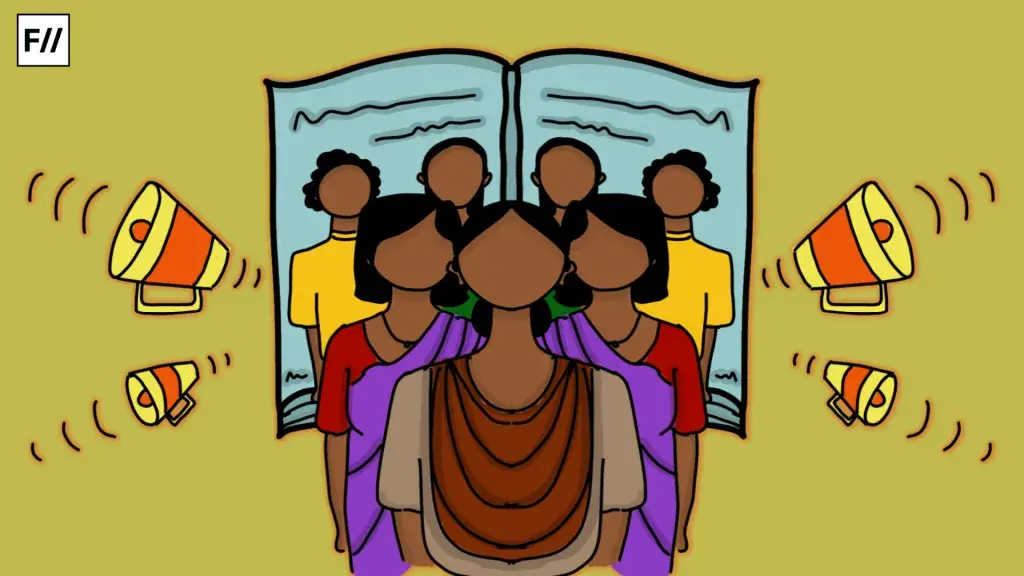
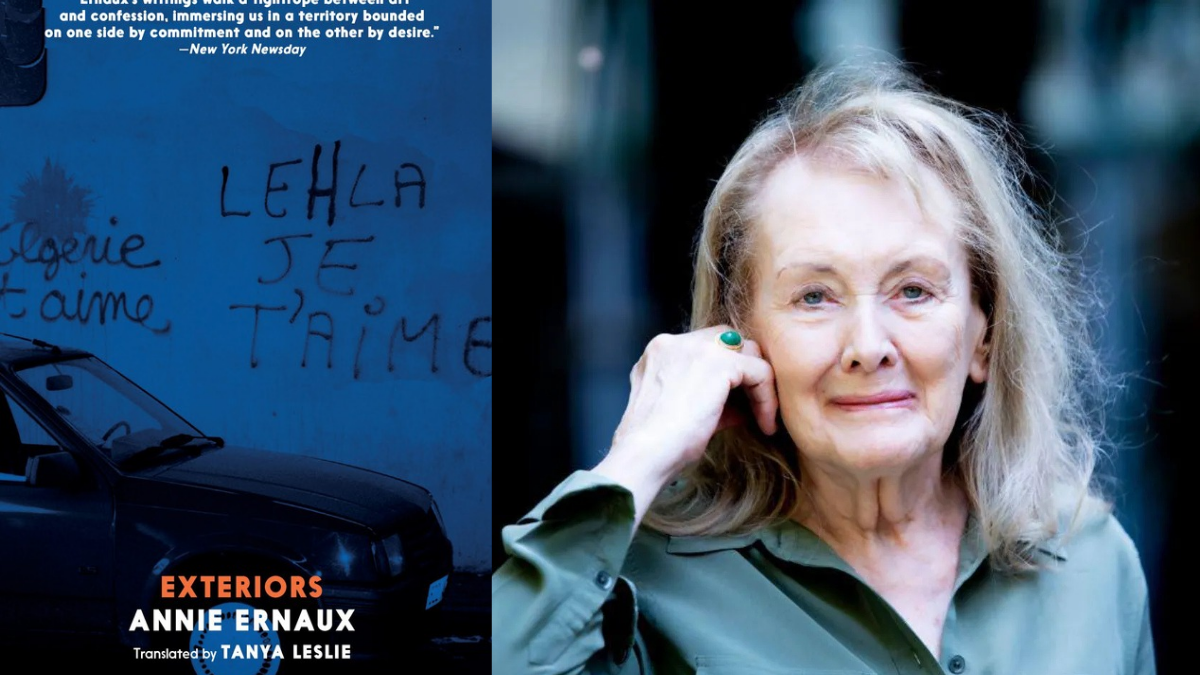

“Hurricane Season” by Fernanda Melchor is a brutal, relentless novel that balances appalling violence with unexpected tender moments and deep empathy.